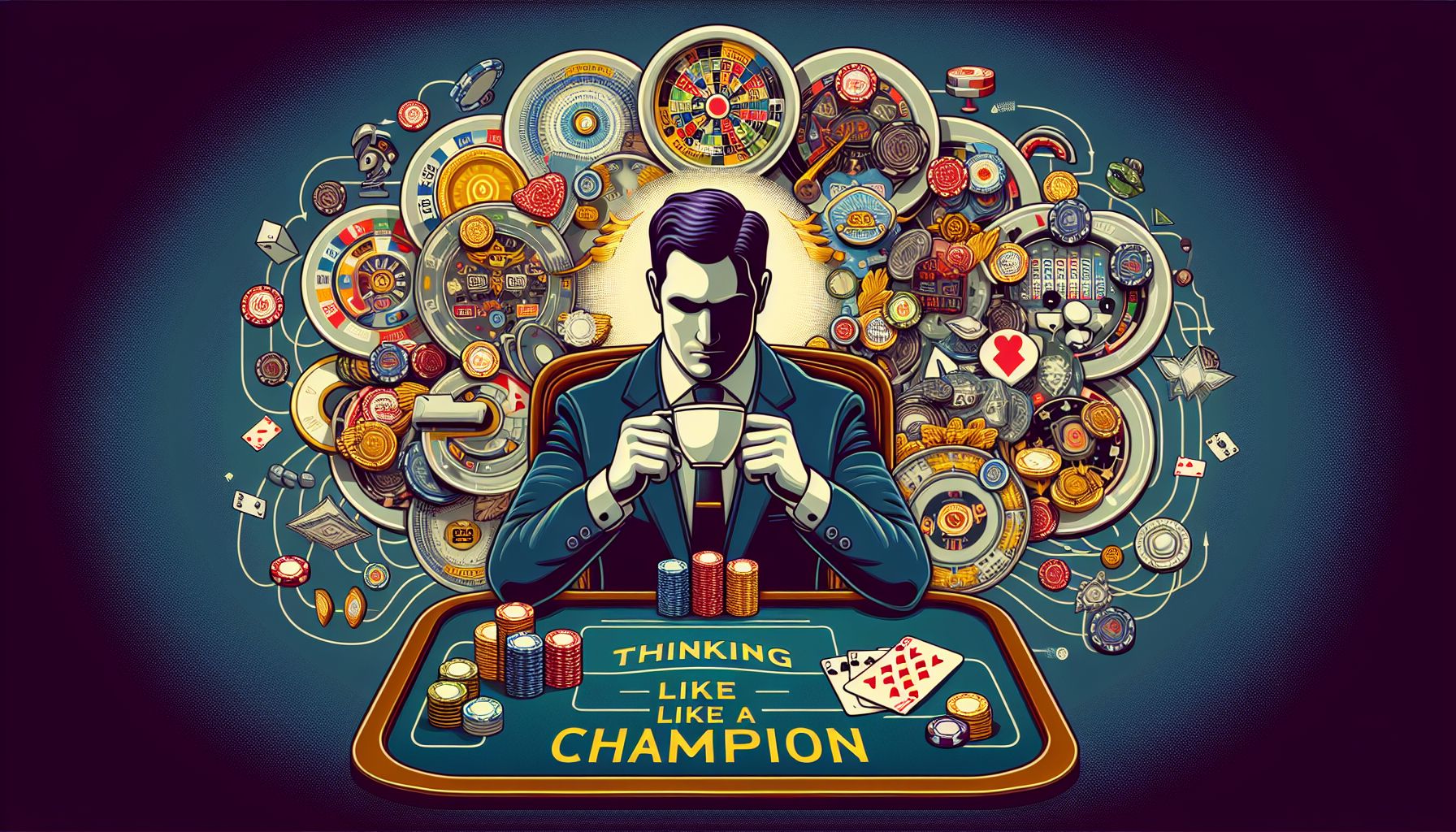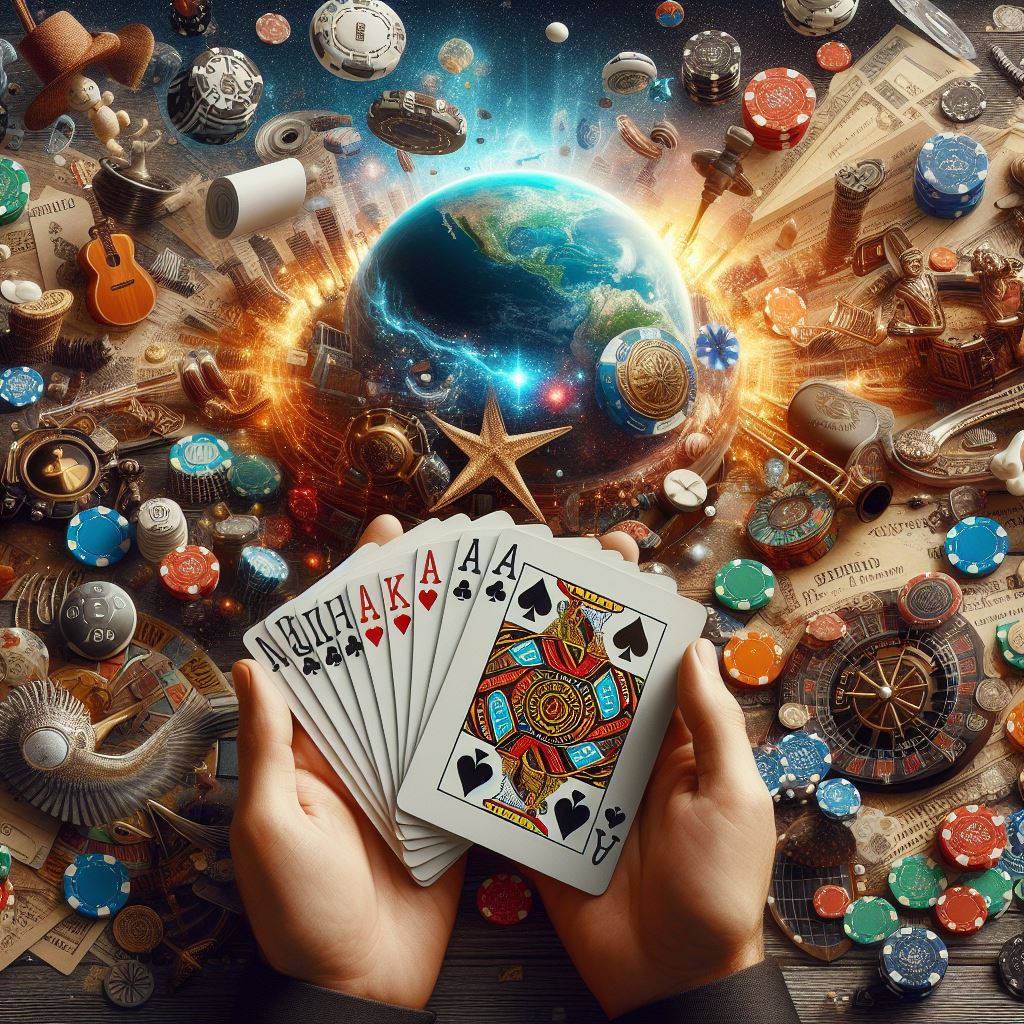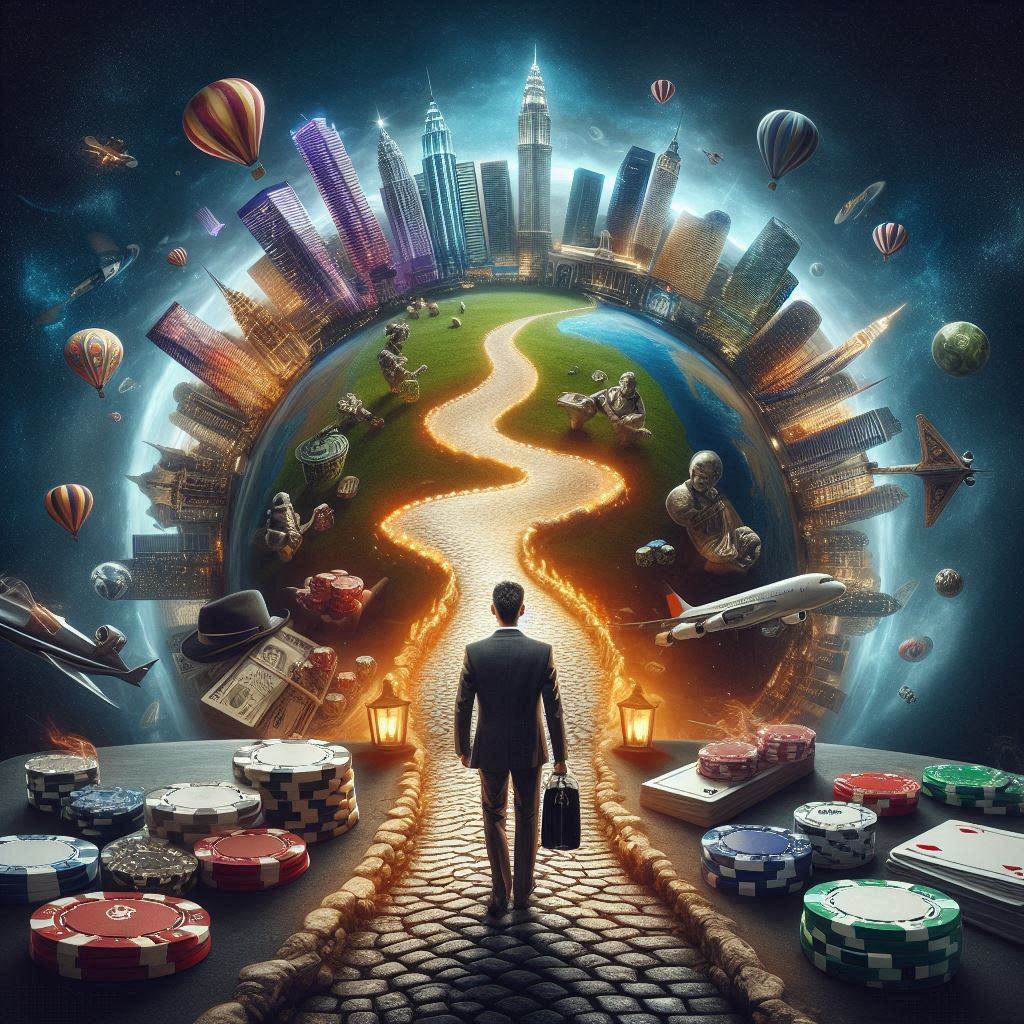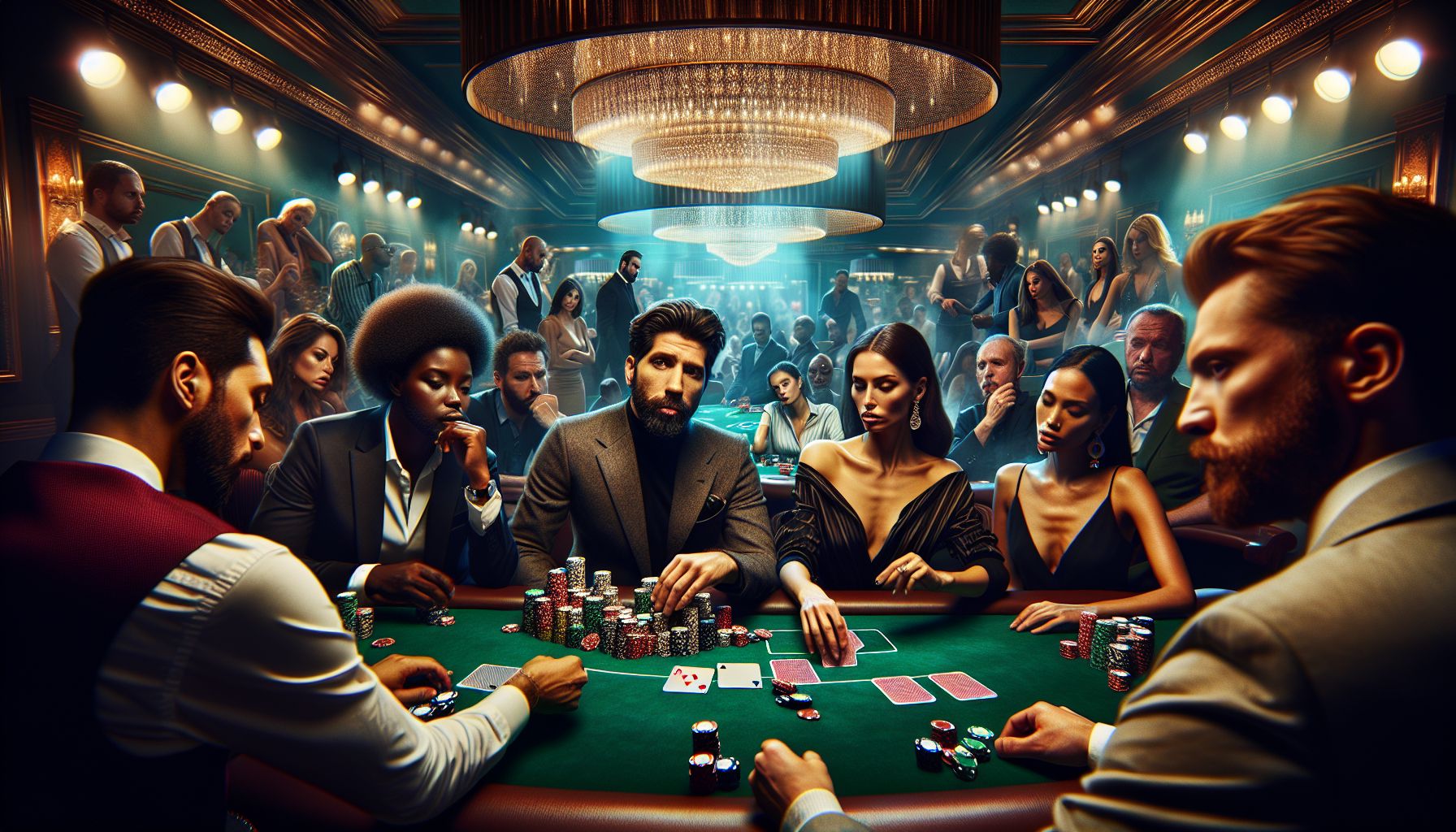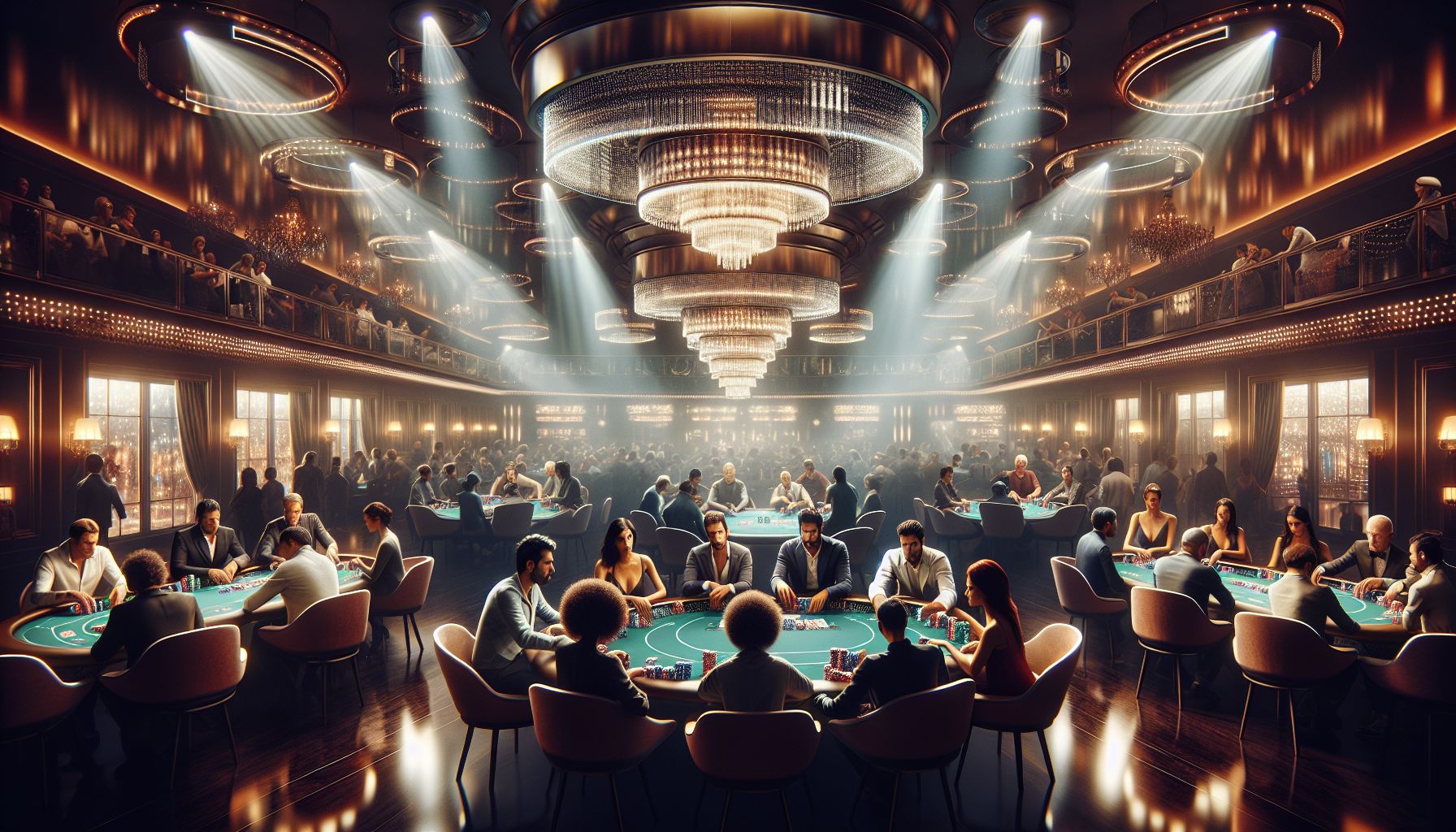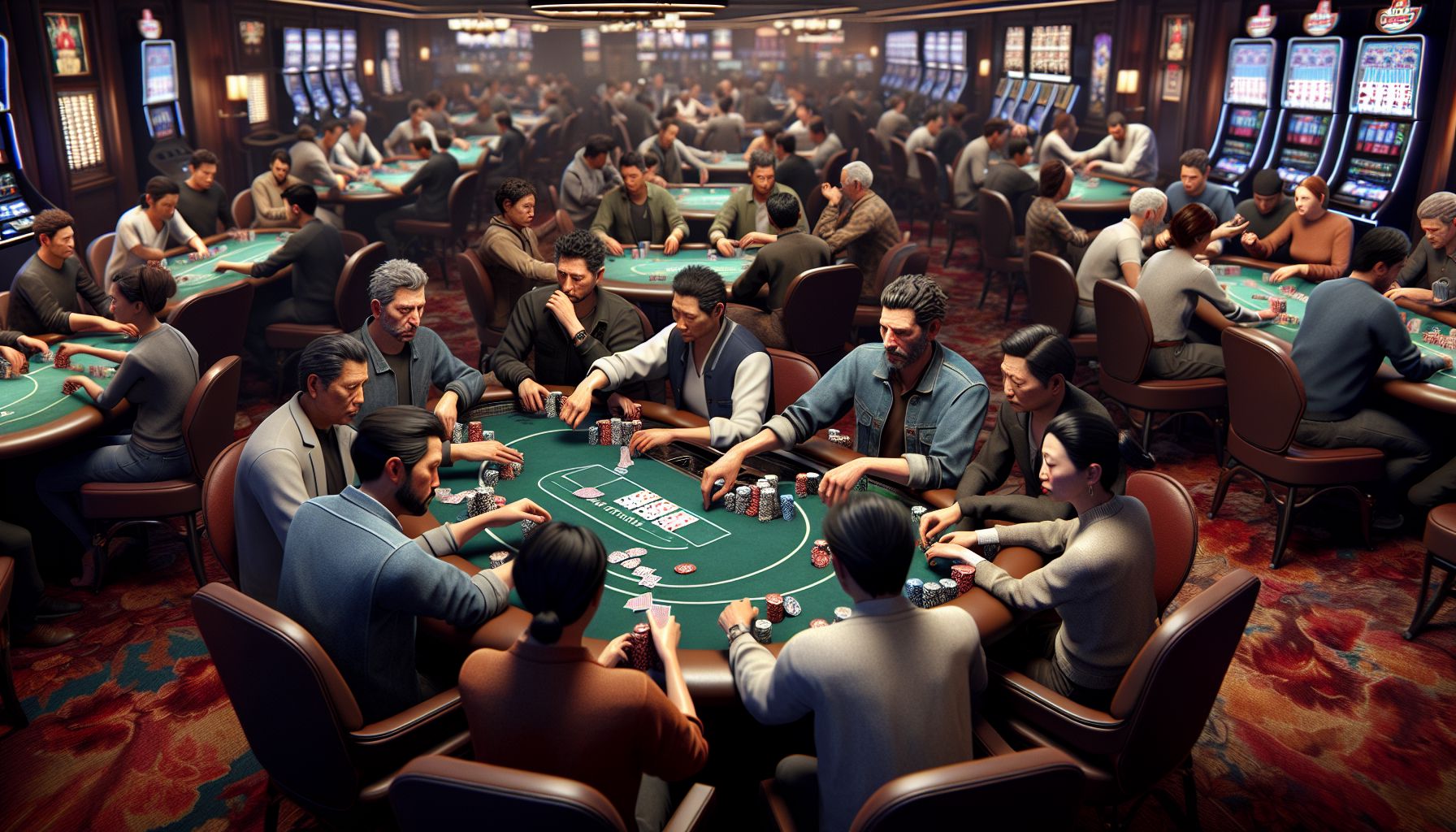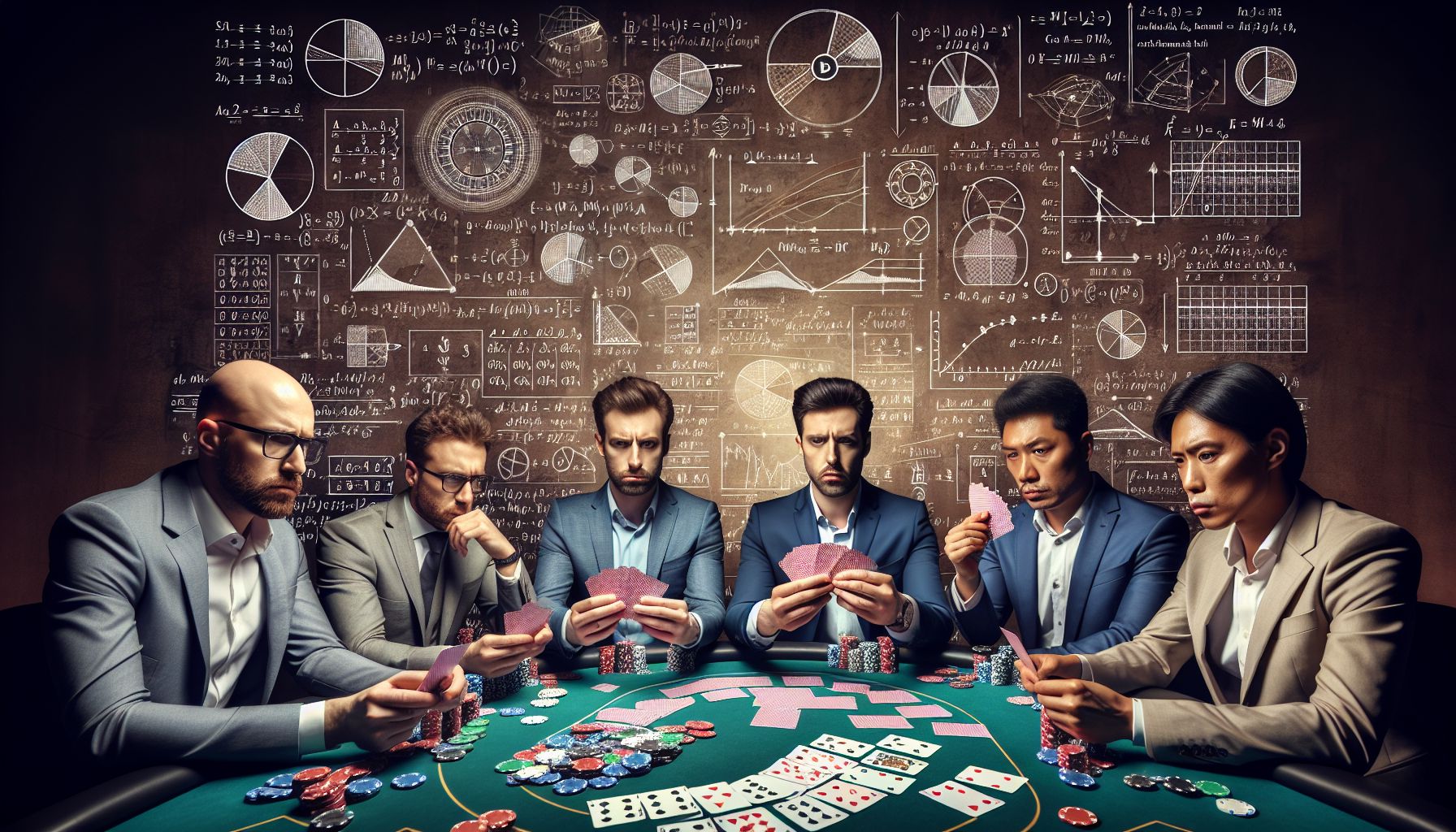Poker, particularly in its casino-driven forms, is not just a game but a significant cultural phenomenon. Its journey from a simple card game to a globally recognized sport offers an intriguing view of how cultural elements can transcend local boundaries and become worldwide staples. This article explores the multifaceted cultural influence of casino poker, The Cultural Influence of Casino Poker highlighting its impact on entertainment, lifestyle, economics, and technology.
Historical Roots and Evolution
The origins of poker are somewhat murky, with influences drawn from various card games played in Europe and the Middle East. However, it truly began to shape its identity in the United States during the 19th century. From the steamboats of the Mississippi River to the saloons of the Wild West, poker became a part of the American frontier mythology, The Cultural Influence of Casino Poker synonymous with cowboys, outlaws, and businessmen.
As poker evolved, it found its way into the casinos of Las Vegas, where it became more structured and gained legal and social legitimacy. The World Series of Poker (WSOP), first held in 1970, marked a pivotal moment, The Cultural Influence of Casino Poker turning casino poker from a recreational activity into a competitive sport, attracting players from across the globe and cementing its place in mainstream culture.
Influence on Entertainment and Media
Poker’s influence on the entertainment industry is undeniable. It has been the subject of numerous movies, books, and TV shows that capture the tension, drama, and psychology of the game. Films like “Rounders” (1998) and “Casino Royale” (2006) not only popularized poker but also embedded it into popular culture, influencing public perception and understanding of the game.
Television has also played a crucial role, especially with the advent of the “poker boom” in the early 2000s, driven by the televised WSOP and the introduction of the hole-card camera that transformed poker into a spectator sport. Shows like “Poker After Dark” and “High Stakes Poker” allowed viewers a peek into the strategies of the pros, making poker both educational and entertaining.
Social and Economic Impact
Casino poker has had significant social and economic impacts. It has created a thriving industry that includes not just players and casinos, but also vast numbers of support roles, including jobs in hospitality, broadcasting, and digital platform management. Major poker tournaments can attract thousands of players and offer millions of dollars in prize money, significantly impacting local economies, particularly in tourist destinations like Las Vegas and Macau.
Socially, poker has contributed to the debate on skills versus luck in gaming, influencing gambling laws in various jurisdictions. It has also fostered a global community of players, from casual online gamers to professional poker stars, and has been instrumental in promoting international travel and cultural exchange through tournaments held around the world.
Technological Advancements
The rise of online poker has been one of the most significant technological impacts of the game. Platforms that host poker games have not only made it accessible to a global audience but have also advanced cybersecurity and software development. Online poker has grown into a multi-billion-dollar industry, incorporating sophisticated software that simulates a real-life poker-playing experience, complete with varied playing styles and tournament structures.
Conclusion
Casino poker’s journey from a casual pastime to a global phenomenon showcases its vast cultural impact. It transcends age, geography, and social strata, continuing to grow its influence across various sectors. Whether through the glitzy halls of a casino or via a computer screen, poker remains a staple of modern entertainment and a permanent fixture in cultural discussions around the world.
From influencing cinema to shaping economies, and from promoting technology to bridging cultures, poker’s impact is both profound and pervasive, making it much more than just a game—it’s a cultural force.

